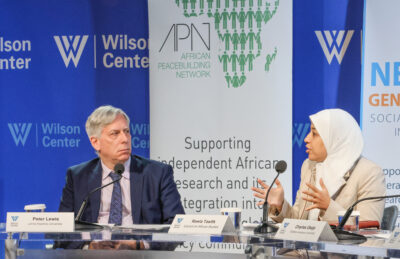Reflecting on the recent US electoral campaign and its aftermath as the most recent and powerful evidence for the existence of a “post-truth” age, Duncan Watts and David Rothschild argue that we have entered a legitimacy crisis—“whom and what to trust,” as they put it—in relation to knowledge claims and the institutions that validate them. The authors discuss why information technologies have exacerbated the problem, and offer some suggestions for compensating for and perhaps restoring lost legitimacy.













